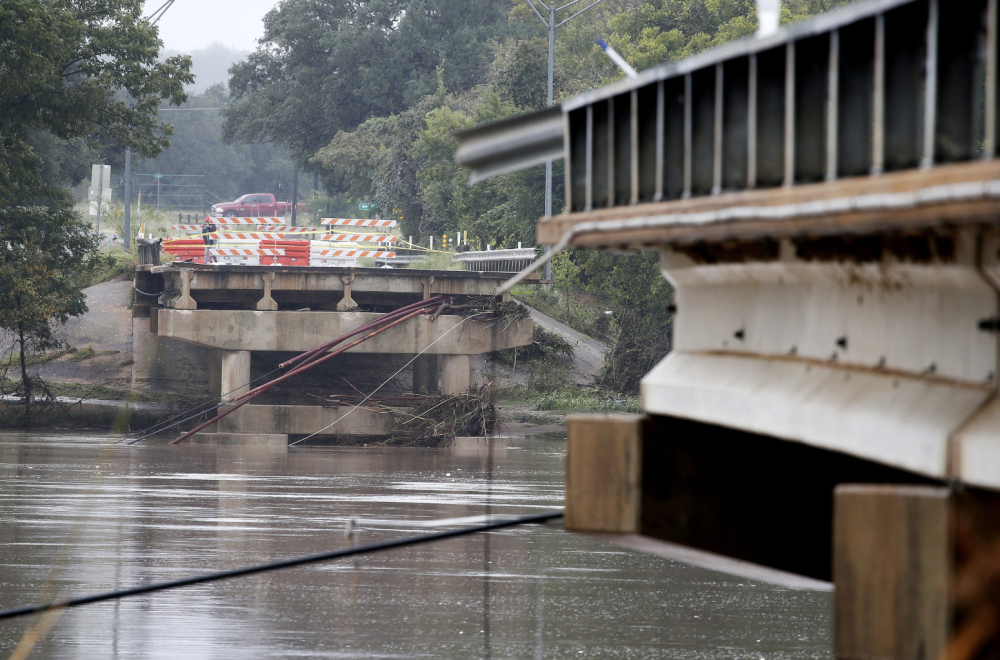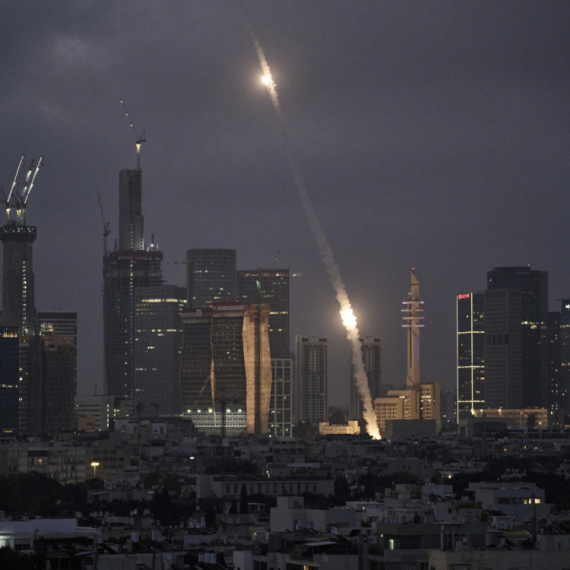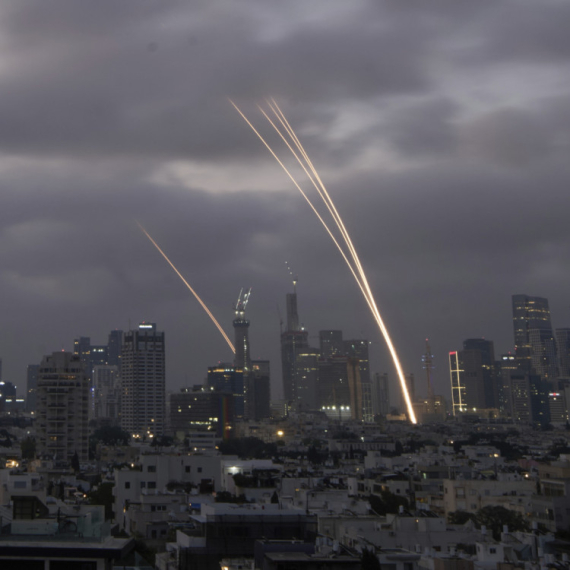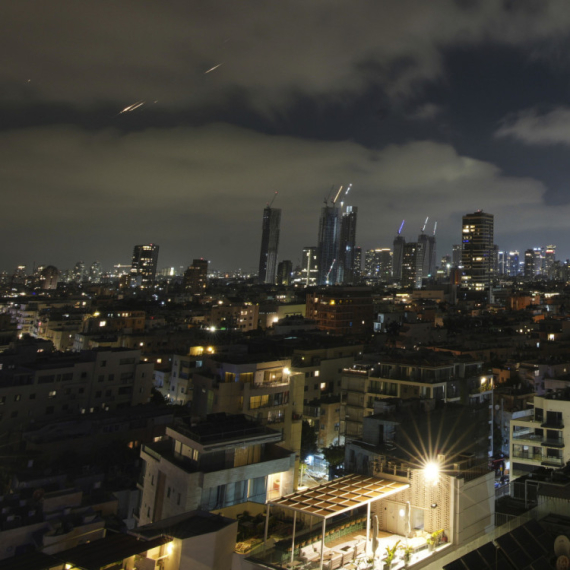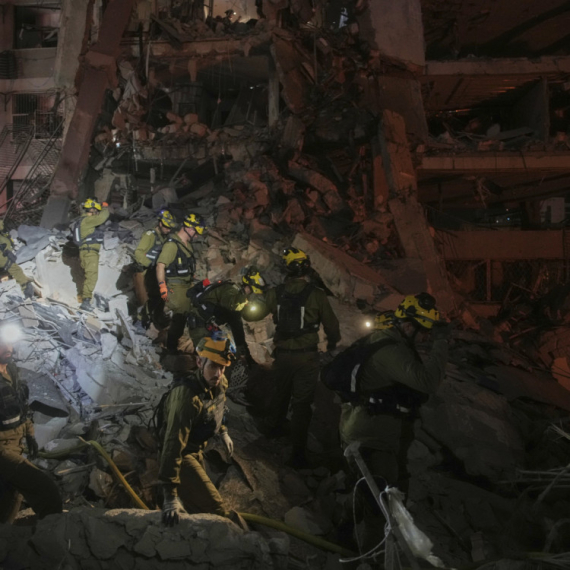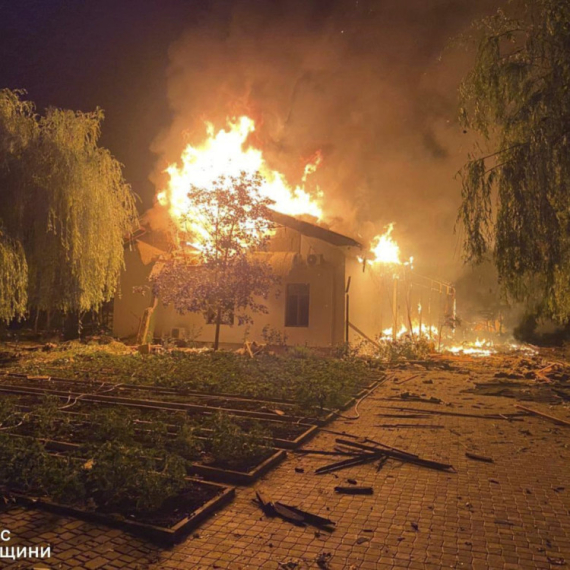The conflict between Israel and Iran has escalated with a series of airstrikes and rocket attacks. Israel has conducted precise airstrikes on Iranian nuclear facilities, including uranium enrichment sites in Natanz and Fordow, as well as military targets and scientists linked to Iran’s nuclear program. Iran responded with rocket attacks on Israeli cities, resulting in casualties and injuries. This conflict has raised concerns about the potential spread of conflict in the Middle East. Israeli Prime Minister Benjamin Netanyahu stated that Israel will continue to strike Iranian targets as long as necessary, while Iranian officials deny developing nuclear weapons but are prepared for retaliation. Analyses indicate that Israel carried out preemptive strikes to prevent Iran from developing nuclear weapons, while Iran continues its program despite international sanctions and pressures. The conflict has drawn international reactions and concerns over possible escalation.
Political Perspectives:
Left: Left-leaning sources tend to emphasize the humanitarian impact of the conflict, highlighting civilian casualties and the risks of escalation in the Middle East. They often call for diplomatic solutions and criticize military actions from both sides, stressing the need for international mediation and peace efforts.
Center: Centrist sources report the facts of the conflict with a focus on the strategic and security aspects. They provide balanced coverage of Israeli airstrikes and Iranian responses, noting the complexity of the nuclear program and the regional security implications. They highlight official statements and international reactions without strong bias.
Right: Right-leaning sources emphasize Israel’s right to self-defense and the threat posed by Iran’s nuclear ambitions. They often portray Israeli military actions as necessary preemptive strikes to prevent Iran from acquiring nuclear weapons. They may also highlight Iran’s support for terrorism and criticize international actors perceived as lenient towards Iran.






